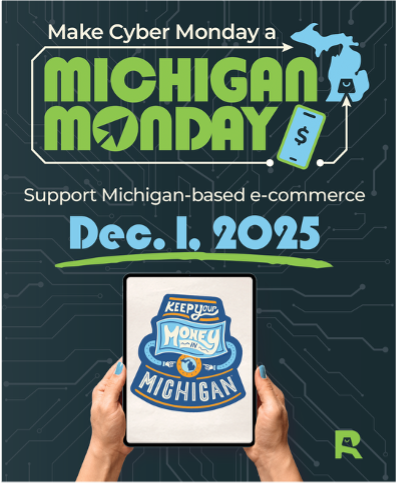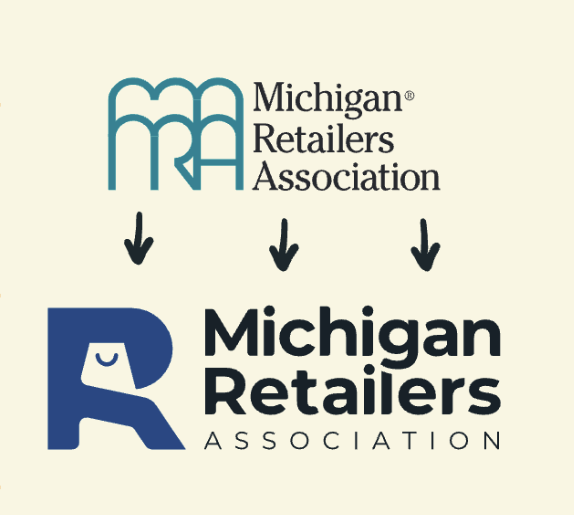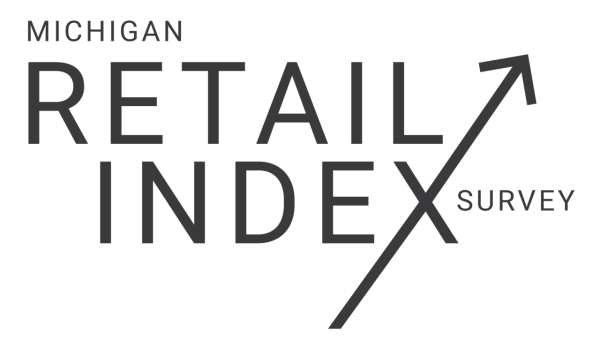By Amy Drumm, MRA Vice President, Government Affairs
In the first week of October, the House and Senate quickly moved legislation that MRA has been working on to keep food and beverages tax-free at the local level. The bills, HB 4999 and SB 583, would preempt local units of government from implementing an excise tax or fee on food or beverages.
Local taxes on sugar sweetened beverages have most recently popped up in places like Cook County (Chicago) and Philadelphia. These taxes look and act like local sales taxes but are called an excise tax or fee. In Michigan, local sales taxes are prohibited but an excise tax or fee could still be implemented. The Michigan legislation seeks to clarify that all food and beverages for both immediate and non-immediate consumption could not be subject to any kind of local tax or fee. The state would remain the only entity that is allowed to levy a tax or fee on food and beverages.
MRA has been quick to act to prevent local rules or taxes that would create a complicated patchwork of regulations for retailers to navigate. In Cook County and Philadelphia, overall sales dropped and customers fled after local excise taxes and fees were adopted.
These taxes have been incredibly confusing for retailers to implement and were adopted with limited guidance on how to administer them and with minimal time to train staff and make the necessary adjustments to point-of-sale systems.
This confusion and poor implementation even jeopardized food assistance programs for low-income individuals in Illinois, where the county suggested retailers incorrectly charge and refund customers paying with federal SNAP (Supplemental Nutrition Assistance Program) benefits. Sadly, the customers most harmed by these local, regressive taxes on food are often those who can least afford it. They are the same customers who are also less likely to be able to travel to another store in a jurisdiction where there is not an added tax on food or beverages.
Thanks to the numerous reasons to avoid local taxes on food and beverages outlined above, the legislation has broad, bipartisan support and a large coalition of supporters, including business organizations, labor organizations, agriculture and commodity organizations and labor groups.
The definition of “food” in the bills mirrors the federal definition used in the Food, Drug, and Cosmetics Act (“Food” means articles used for food or drink for humans or other animals, chewing gum, and articles used for components of any such article) and includes pet food, animal feed and alcohol. Legislative leaders understand that it’s imperative these bills move quickly through the legislative process to prevent local governments from seriously considering any new taxes or fees on food or beverages. MRA expects the legislation will reach the governor’s desk by the end of October.





